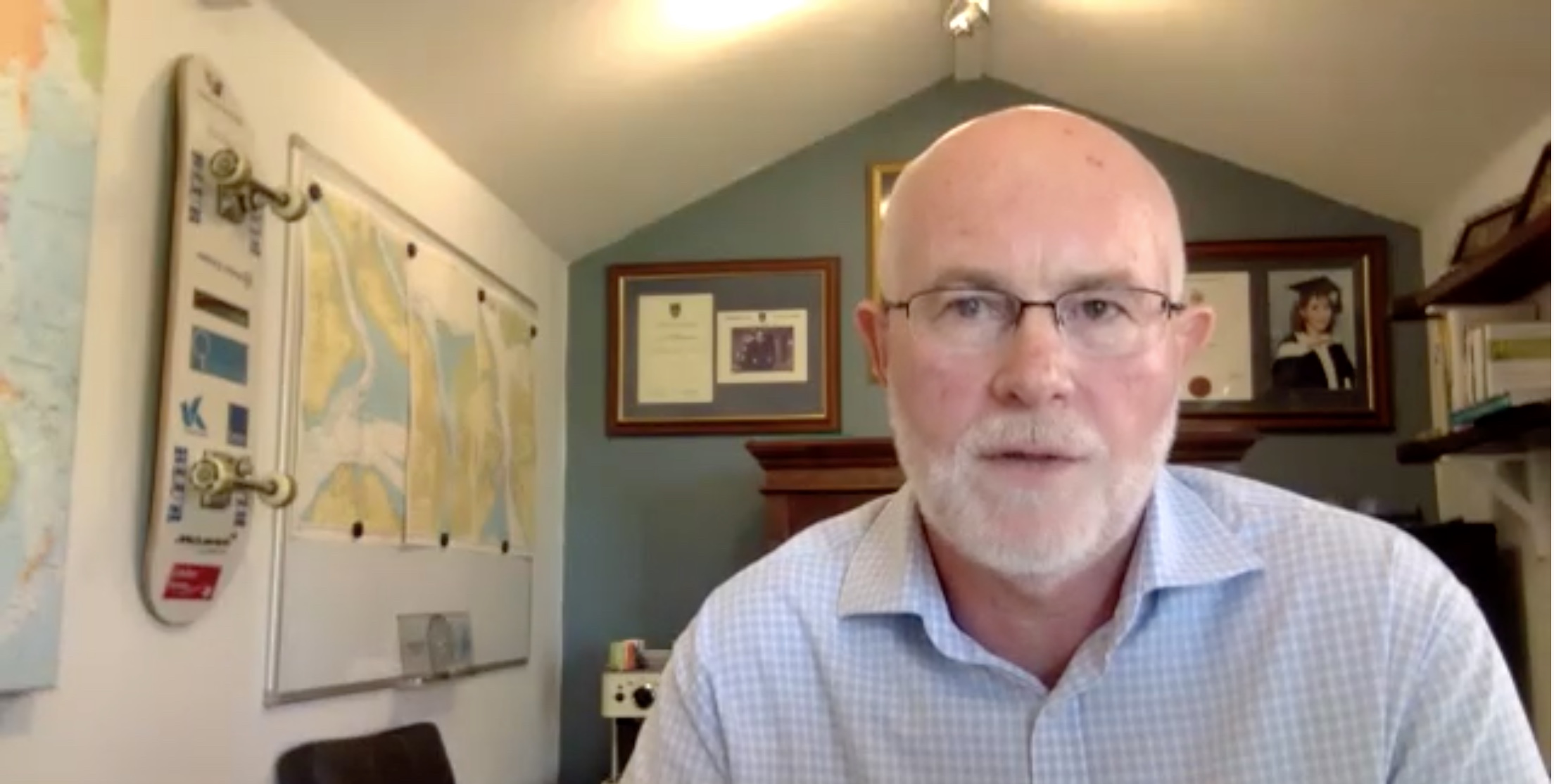Webinar Roundup: Rapid Strategy Execution with Glenn Jones
Even though the UK is beginning to see some of its lockdown restrictions lifted or changed in some manner – there is still little room for businesses to reopen to full capacity, forcing many into difficult operating positions.
In a continuation of our online networking events, this instalment aims to provide real insight to current and potential clients, featuring expert guidance on how to manoeuvre through the realm of business and digital transformation.
For this conversation, we had the immense honour of Deltra associate and business transformation guru, Glenn Jones, leading and debating what he phrases: Rapid Business – Strategy – Execution. Glenn’s history of transforming businesses stands for itself, so we thought it vital to have him spearhead this topic.
Glenn kicked off by describing ‘business portfolio reprioritisation’ and ‘agile organisational redesign and structure’ as the two most important foundations to the discussion. He commented, that businesses will no longer be able to review capabilities in long-term periods – and that many executives will need to take a much more pragmatic approach, adjusting review cycles to a shortened and more frequent timeline ensuring consistent and successful operation.
Drawing on his knowledge, he began to discuss these core topics in further detail. Explaining that when a business manages portfolios during this turbulent time of operating, they can break this down into smaller areas: prioritisation, capital and operating commitments, risk and opportunity assessment, reconsidering basis of estimates and radical scenario modelling. These combined areas will allow businesses to validate their products and focus on what will offer the highest ROI.
According to Glenn, many organisations have lots of control already in place to create and execute conventional strategies. Although later on in the webinar, Glenn is challenged by an attendee, who contests that businesses they have strategized for previously - including two FTSE 100 companies - have an inability to look after their portfolios in a recognisable way, a sentiment further strengthened by many others in the webinar.

After discussing business portfolio reprioritisation in detail, the conversation shifted to the second core: agile organisation redesign and structure. This again was categorised into small divisions: capability and capacity, streamlining of processes, exploring alternative ways of working and learning and experimentation.
Glenn mentions that businesses will not be able to hold both capability and capacity – and that a trade-off will need to be made by executives in the near future, such as, will businesses need stand-in skills? Or will they need capacity, and how will this be balanced across a portfolio – fortunately, this decision was prolonged by the ability to furlough staff.
In addition, the streamlining of both workforces and employees’ roles are possible. With a lot of the UK’s working population currently sat at home, enjoying some forced time off – how many of these staff realistically need to return to their role without a company losing control of its processes.
Furthermore, Glenn stressed that more must be done in terms of collaborations and partnerships between companies. At the beginning of the lockdown crisis, multiple companies stepped into a joint effort to help create the necessary ventilators to save vulnerable patient’s lives – and believes that this type of co-creation will continue in the future or should at least be an option to redeploy skills where needed.
When the conversation opened up to all attendees, most agreed that the first priority is determining what their business will look like post-Coronavirus. Ensuring that all options are explored in order to survive, Glenn adds: “It’s this mindset that organisations need to think about in terms of it’s going to be okay to experiment and fail”.
With the pandemic forcing many to work from home, a contingent of attendees agree that many would like to move their businesses to a remote-style of working for those who are available to – a point that Glenn picks up on, he says: “I’ve spoken to organisations that wanted to move to a remote workforce for many years, and we just couldn’t take that step. Yet we’ve actually been forced into that in ten days, and it’s almost working”.

In contrast, a member of the webinar discussed the need for previous, ‘on-prem’ businesses whose success has arisen from such a culture of togetherness, need to stick together – and remain working in a close-knit environment.
Whilst further discussion ensued, one attendee who specialises within travel tech, an industry affected by the current pandemic, offered: “The cadence around business portfolio management isn’t great. In terms of product or service offering. There’s a big gap between what proposition comes up and what the salesforce has to go and sell. Which leads itself to put a large control around this and making sure you have a finite portfolio that is easy enough to sell – rather than little bits of everything.”
During a time of confusion and turbulent operation, it’s imperative that business leaders ensure they’re reviewing their organisations and portfolios in real time. Ensuring an agile workforce will allow firms security in the short term and help them to recover in a post Covid-19 world.
Having a reassuring voice during such times is what we all need to help give us some steer on how to rationally tackle crises. We plan on hosting regular webinars with our network to provide insight to help businesses take on a variety of obstacles from business continuity to recruitment. If you’d like to be a part of our next one, fill out the form on our networking events page and one of the team will get back to you
11th June
Events
Related insight
Related News
Looking to
transform?
Quicklinks

Address
Deltra Group
52-54 Gracechurch St
London
EC3V 0EH
Contact
+44 (0)207 375 9500
info@deltragroup.com



